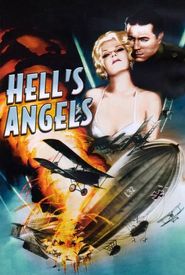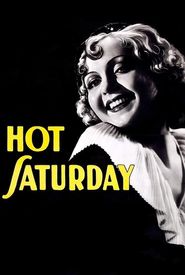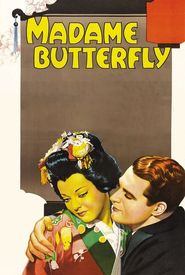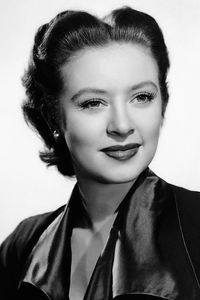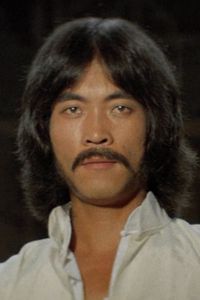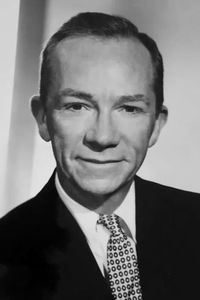Joseph Moncure March was an American poet and essayist, renowned for his long narrative poems, particularly "The Wild Party" and "The Set-Up". Born on July 27, 1899, in New York City, March's early life was marked by his service in World War I and his graduation from Amherst College, where he was mentored by the renowned poet Robert Frost.
March's career in publishing began in 1925, when he became the managing editor of The New Yorker. During his tenure, he played a significant role in creating the magazine's "Talk of the Town" front section. However, he eventually left the magazine to focus on his writing, and in 1927, he penned his first long narrative poem, "The Wild Party". Due to its controversial content, the poem was initially met with resistance from publishers, but it eventually became a great success after its release in 1928.
The poem's success was followed by March's second long narrative poem, "The Set-Up", which told the story of a black boxer who had just been released from prison. This poem was also well-received by critics and audiences alike.
In 1929, March relocated to Hollywood, where he worked as a screenwriter for several years. During this time, he wrote dialogue for the film "Journey's End" and was responsible for turning the silent film "Hell's Angels" into a talkie. This film was a major commercial success and introduced the phrase "Excuse me while I put on something more comfortable" into the American lexicon.
March continued to work as a screenwriter in Hollywood until 1940, during which time he wrote at least 19 produced scripts. His most notable late script is probably "Three Faces West", a left-leaning film that explores themes of social justice and features a dramatic showdown between Okies and Nazis.
In 1940, March returned to the East Coast with his third wife, Peggy Prior, and her two children. During World War II, he worked at a shipbuilding plant in Groton, Connecticut, and wrote features for the New York Times Magazine. After the war, he continued to work as a writer, penning documentaries for the State Department and industrial films for various companies, including Ford Motor Company, General Motors, and American Airlines.
March's work in industrial films often featured the talents of Thelma "Tad" Tadlock, a well-known figure in the industry. Several films starring Tadlock, including "Design for Dreaming" (1956) and "A Touch of Magic" (1961),were made from March's rhyming scripts.
Joseph Moncure March passed away on February 14, 1977, leaving behind a legacy as a talented poet, essayist, and screenwriter.


